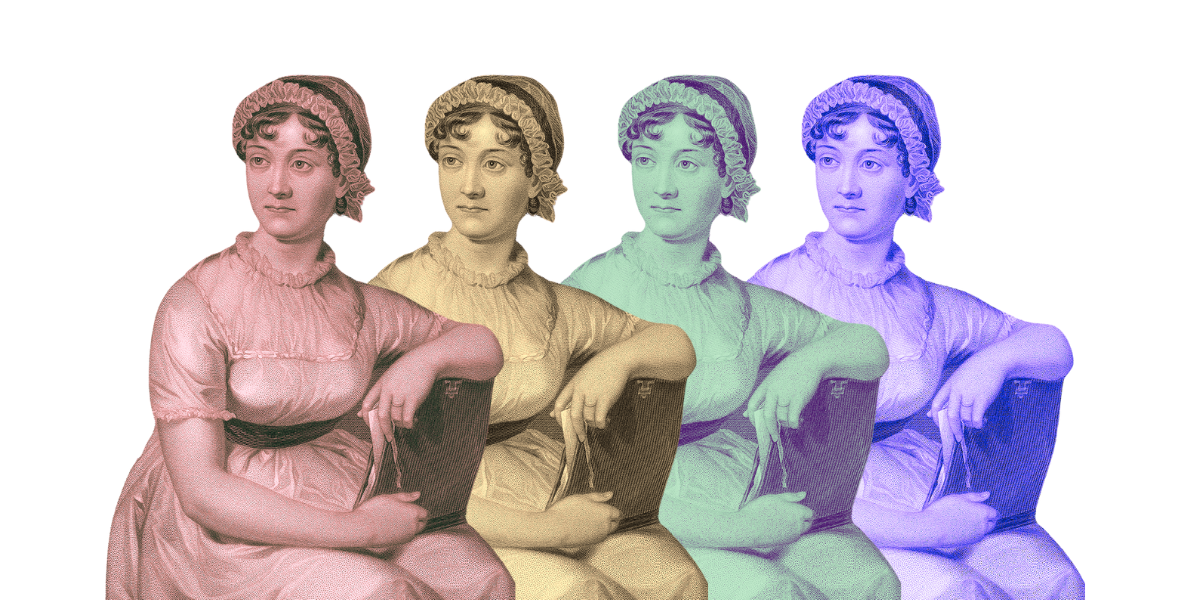Más allá de sus deslumbrantes sables de luz y personajes icónicos se esconde un tesoro para los escritores: innumerables lecciones invaluables en el arte de contar historias, servidas con maestría por el creador George Lucas .
Hemos reunido sólo algunas de esas lecciones para que puedas recibir una rápida clase magistral sobre estructura narrativa y cómo crear una historia convincente que resonará a lo largo de las generaciones.
Aquí hay cinco valiosos consejos de escritura de una de las franquicias más emblemáticas de la historia del cine:

George Lucas se inspiró en el concepto de "El viaje del héroe" de Joseph Campbell al crear la historia de Luke Skywalker.
El concepto del Viaje del Héroe se formuló por primera vez en el libro de Campbell de 1949, El Héroe de las Mil Caras , como un motivo universal de aventura y transformación presente en prácticamente todas las tradiciones mitológicas del mundo . El concepto se caracteriza por un héroe que abandona el mundo ordinario, enfrenta dificultades y regresa a casa transformado. ¿Te suena?
Hoy en día, el Viaje del Héroe se encuentra en todos los medios, desde cuentos de hadas y libros hasta películas y videojuegos. De hecho, George Lucas ha declarado públicamente que escribió "muchos borradores" de lo que se convertiría en Star Wars , pero no fue hasta que leyó El Héroe de las Mil Caras que pudo definir con precisión lo que se convertiría en la historia y los personajes esenciales de la saga.
( Los dos escritores incluso se conocieron finalmente y vieron juntos la trilogía original ).
Como escritor, considera si el viaje del héroe encaja con tu historia. Puede que la hoja de ruta no sea del agrado de todos los escritores, pero podría dar la estructura esencial a esa historia que llevas años intentando contar.

En el corazón de Star Wars se encuentra una profunda exploración de temas universales como la redención, el poder de la esperanza y la lucha del bien contra el mal. Por ejemplo, el icónico enfrentamiento entre los Jedi y los Sith.
A través de personajes como Luke Skywalker y Darth Vader, somos testigos de las complejidades de la moralidad y el potencial de redención.
Al explorar conceptos atemporales como estos, los escritores pueden crear narrativas que resuenen entre culturas y generaciones . Ya sea que tu historia se desarrolle en una galaxia muy lejana o en la vida cotidiana, infunde temas que reflejen la experiencia humana común.

Lucas tenía formación en artes visuales , lo que influyó enormemente en su forma de narrar. Pero no hace falta ser artista para crear un mundo vívido.
Como escritor, procura visualizar tu historia a tu manera, considerando cómo se desarrollará cada escena en la página. Ya sea mediante bocetos, diagramas o simplemente una imaginación vívida, cultivar un fuerte sentido visual puede potenciar el impacto de tu escritura, ya sea que escribas para la pantalla o para el papel.

Desde la sabia mentoría de Obi-Wan Kenobi hasta el atractivo villano de Darth Vader, George Lucas se destaca en la creación de personajes que resuenan en el público mucho después de que aparecen los créditos finales.
Al desarrollar tus propios personajes, concéntrate en crear individuos con profundidad, complejidad y rasgos memorables. Ya sean héroes, villanos o algo intermedio, dales personalidades, motivaciones y arcos argumentales distintivos que cautiven la imaginación de los lectores.
Esto es especialmente importante cuando trabajas con criaturas fantásticas o incluso robots y droides. ¡Piensa en todos los rasgos de personalidad y la hábil personificación que hacen a R2-D2 tan adorable!

Si bien la versión final de Star Wars puede parecer una obra maestra perfecta, la realidad es que sufrió numerosas revisiones e iteraciones a lo largo del proceso creativo.
Lucas no tenía miedo de reelaborar escenas, diálogos o incluso historias enteras en busca del mejor resultado posible.
Como escritor, aprovecha el proceso de revisión como una oportunidad para refinar y mejorar tu trabajo. Mantente dispuesto a solicitar retroalimentación, tomar decisiones difíciles y esforzarte constantemente por alcanzar la excelencia en tu trabajo.
--
Las contribuciones de Star Wars al género de la ciencia ficción y a la sociedad en general son inconmensurables. Al adoptar algunas de las técnicas que llevaron a la creación de un clásico, puedes perfeccionar tus habilidades narrativas y, quizás, crear lo que se convertirá en la próxima Star Wars.
Así que toma tu Freewrite (o sable de luz) y deja que la Fuerza te guíe en tu propio viaje épico de escritura.































